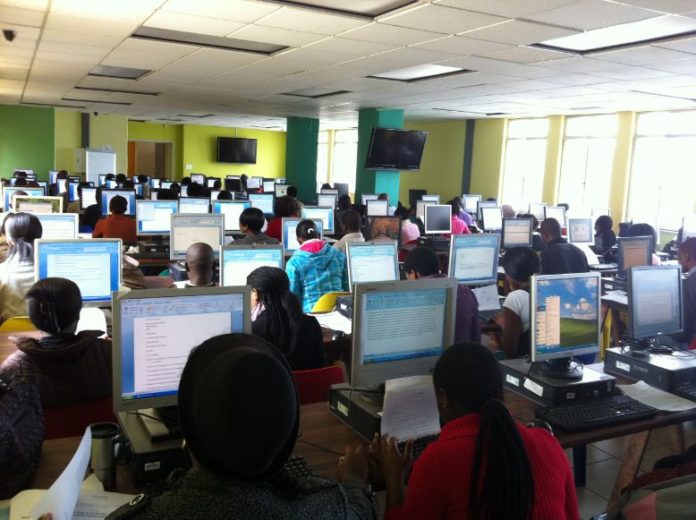
Johannesburg, The emphasis on mindfulness in today’s educational practices is already yielding impressive results.
Gone are the days when it’s enough to simply provide a teacher and syllabus to learners, hoping they will take in information and perform well. Today, learning is about the holistic development of young people, improving not only their academic skills but also their emotional intelligence (EQ) to make a meaningful difference in society.
The success of this consciousness-based approach is exemplified by South Africa’s Maharishi Invincibility Institute (MI), which has helped almost 20 000 graduates to launch careers in finance, banking, advertising, technology, management consulting, and more. It offers 39 nationally accredited South African qualifications through the Services SETA, MICT SETA, CATHSSETA, INSETA, BANKSETA, and W&R SETA. Maharishi has maintained a 95% job placement rate into quality jobs for nearly two decades, and 90% of these graduates have been taken into permanent or multi-year employment.
The non-profit private education and training provider is unique in that it offers transcendental meditation to develop the full potential of every student.
“I can honestly say my full human potential is advancing,” says 23-year-old Masego Phaloane, a fourth-year student who grew up in Soweto.
“I have developed academically, and my physical and mental wellbeing is much improved. There is an immense change from when I started. I was an average student when I began, but soon turned out to be an A student.”
The institute’s culture seeks to inspire creativity and improve learning capacity while simultaneously reducing stress and anxiety. For this reason, health and wellness through daily yoga sessions and the provision of organic vegetarian meals are heavily encouraged.
The institute attributes a lot of its success to the backing of strategic partners, notably the Datatec Educational and Technology Foundation, which has contributed more than R2-million to implementing programmes and projects.
Student Mduduzi Mahlangu, 23, another hailing from Soweto, came to MI in 2018, believing that mainstream education was too “narrow-minded” if he wanted to develop in alignment with her goals.
“For me, the mainstream was not enough as far as development is concerned. I had a conversation with one of the ladies I knew who had heard about this school, and when it offered an open day, I instantly knew this was where I wanted to enroll. I’ve never looked back,” he says.
Mahlangu’s enthusiasm for the institute is well-founded. He is a recipient of the Moshal/MI Scholarship, which recognises highly-motivated students by supporting them in their studies, as well as a recipient of the Roche Scholarship, sponsored by the Swiss healthcare company Roche.
What has struck him the most about MI is the diversity of personalities and the “diverse academic conversations one will have with people from different places who have experienced different challenges”.
This experience has strengthened his ambition to enter the political sphere upon completion of his studies.
“I want to demonstrate strong leadership abilities, which I believe are lacking in our country,” he says.
Limpopo’s Charlotte Marema, 24, followed in the footsteps of a relative who also attended MI.
She acknowledges she was “a little bit skeptical” when she first enrolled, but her entire perception has changed over time.
“When I started, I was a very shy person. But now I can do public speaking. The Insurance Academy has given me the opportunity to explore the insurance field, and obviously, this will require me to communicate with customers.”
Marema was particularly grateful to MI during the height of Covid-19 when it provided students with data so they could continue learning at home.
According to Soweto resident Charisse Lupafya, MI makes every student feel like they are part of a family.
“Each lecturer is devoted to holding your hand throughout your studies to get the best results. I also love how they incorporate consciousness-based education to help students release stress and obtain high marks,” she says.
Like all her peers, Mpumalanga graduate Hazel Nkosi, 23, enjoyed returning to nature with field trips to Ezemvelo Nature Reserve.
These excursions are all part of the meditative experience, which Nkosi says helps to “reduce stress levels and impact positively on my life”.
So great has the impact been on students that Lupafya considers the institute a “blessing” to all who thought their lives would amount to nothing after finishing high school.
“We were given that second chance and shown that you will not always be rejected in life.”











